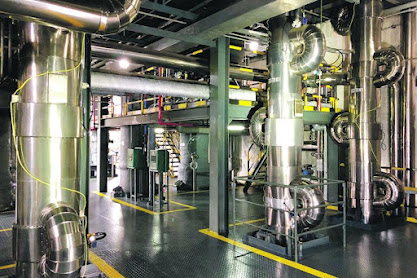It is the process by which an organism or its enzyme bring out chemical changes on compounds that are not part of their metabolism and they result in the formation of novel or useful products.
Bioconversions also known as biotransformation, are preferred where the nature of some biochemical conversions in plant cells is complex and the type of reactions cannot be accomplished by synthetic routes.
A bioconversion technology project requires an ecological and economic performance evaluation at the conceptual phase of the project.
The technology may range from solid-phase bioconversion processes to gas-phase ones, besides aqueous phase bioprocesses. In any case, a given amount of moisture is generally needed, as this is required, in most cases, for optimal microbial activity.
The effectiveness of bioconversion projects may be estimated by the productivity of the bioreactor, taking into account the costs for thermostabilization and intensification of the fermentation process. The economic efficiency of investments in innovative, energy efficient bioconversion projects is determined by taking into account capital and operating costs for the proposed project.
Example of bioconversion industry:
*Waste conversion in the dairy industry
*Bioconversion of cellulosic wastes
*Hemicellulose conversion
*Bioconversion of starch wastes
Bioconversion processes and biorefineries are environmentally friendly alternatives to common chemical processes and conventional oil refineries. They allow the production of a wide range of products with cheap biocatalysts, usually under mild conditions.
Biotransformation – bioconversion process





